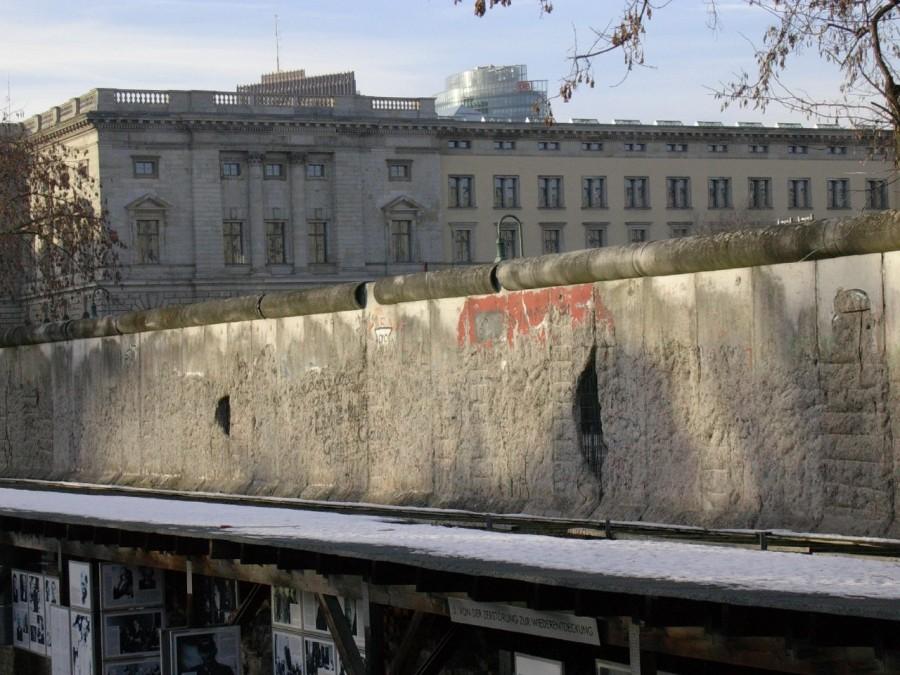On November 9th, 1989, the Berlin wall began to crumble, and through the debris came a wave of freedom that eventually spread to all of Eastern Europe. That day was a defining moment in our parents’ lives — one that my father remembers with a distant smile of triumph. He has said that before that day, he had never imagined that the region could recover from communism.
On February 11th, 2011, the now former Egyptian President Hosni Mubarak (“dictator” would be a more appropriate term) announced that he would resign, surrendering to the demands of millions of protesters who rallied in Egypt for 18 days. This is our generation’s Berlin wall moment.
The literal and metaphorical spark of the unrest occurred on December 17th, 2010, in Tunisia, when a frustrated student set himself on fire. Less than a month later, on January 14th, 2011, Tunisia’s President Ben Ali resigned and left the country. The happenings in Tunisia have since galvanized the people of other African and Middle Eastern countries to demand the resignation of their own oppressive leaders. So far, protests have been held in Tunisia, Egypt, Yemen, Algeria, Iran, Iraq, Jordan, Bahrain, and, most recently, Libya.
Unfortunately, most of these rallies have turned violent, and have resulted in at least hundreds of death and casualties, probably more. In Libya, the army has reportedly fired on funeral marches.
The protests in Egypt, however, were of a different, largely nonviolent nature. Both the army and the demonstrators restrained themselves, and the nation is now on a road — albeit a rocky one — to establishing a freer state. The fact that a relatively peaceful turnover of power occurred after weeks of protests is unprecedented, given the circumstances, and hopefully sets a precedent for the future.
Just as the destruction of the Berlin Wall heralded an era of peace in Eastern Europe, the protests in Egypt and its neighbors could signal the beginning of a new, and hopefully democratic, political structure throughout the Arab world.
The term “Domino Theory” was popularized after WWII to describe the spread of communism from one country to another. Now, a nascent “Anti-Domino Theory” seems to be taking hold, as freedom — or at least the idea of freedom as a universal human right — sweeps across nations that everyone assumed had little hope of escaping from dictatorship.


